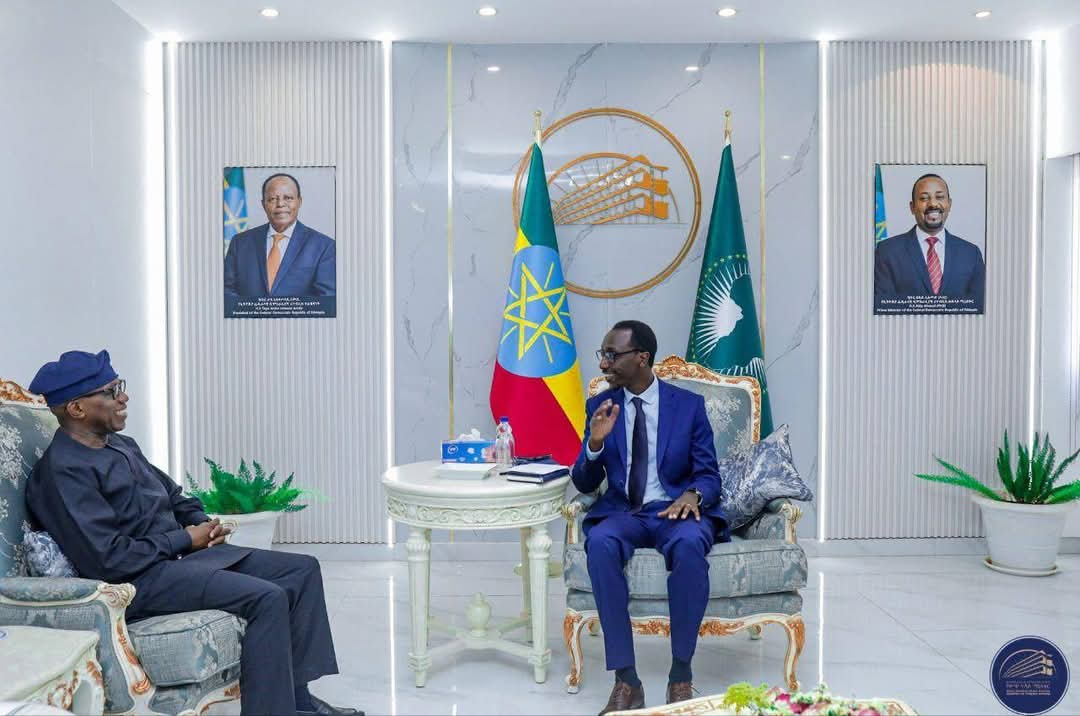
5
Feb
Ethiopia’s Bid for the AU Peace and Security Council (2025-2027): A Strategic Contribution to African Stability
Ethiopia’s candidacy for the African Union Peace and Security Council (AU-PSC) 2025-2027 comes at a crucial time for Africa’s security. With extensive peacekeeping experience, a strategic regional role, and a history of Pan-African leadership, Ethiopia is well-positioned to contribute meaningfully to the council’s mission.
Ethiopia’s Contributions to African Peace and Security
The AU-PSC, established in 2003, is responsible for conflict prevention, mediation, and crisis response. Ethiopia has served on the council four times, playing a constructive role in peacekeeping and regional security. As a leading troop contributor to both AU and UN missions, Ethiopia has supported stability in Somalia by countering Al-Shabaab and assisting with the country’s security transition through the ATMIS mission. In South Sudan, Ethiopia has been instrumental in mediating peace agreements and providing military support as part of the UNMISS mission. Additionally, Ethiopia contributed to peace efforts in Darfur under UNAMID, supporting stabilization in Sudan’s conflict zones.
In a significant display of regional solidarity, Ethiopia voluntarily withdrew from the 2024-2026 AU-PSC race to support the candidacies of Tanzania and Uganda. This move demonstrated Ethiopia’s commitment to regional unity, and now, it is seeking support for its own bid for the 2025-2027 term.
Why Ethiopia’s Membership Matters
As a founding member of both the OAU and the AU, and the host of the AU headquarters, Ethiopia has consistently advocated for African-led solutions to security challenges. The country’s geopolitical position and military capabilities make it a key player in managing security issues in the Horn of Africa and the broader East African region. Ethiopia has also played a vital role in mediating conflicts and supporting peace initiatives in South Sudan, Sudan, and Somalia. These actions demonstrate Ethiopia’s long-standing commitment to promoting peace, stability, and regional cooperation.
The Competitive Landscape
Ethiopia is competing with Rwanda, Djibouti, and Somalia for the East African seat, each of which has its own strengths. However, Ethiopia has notable advantages in this race. Rwanda’s relationships with the Southern African Development Community (SADC) and the Democratic Republic of Congo (DRC) may affect its regional support. Djibouti, having already served for seven years on the AU-PSC, faces a reduced likelihood of reelection due to the AU’s rotation principle. Somalia’s current membership on the UN Security Council may complicate its ability to simultaneously hold a seat on the AU-PSC.
While competition is inevitable, Ethiopia’s experience, strategic regional role, and diplomatic outreach position it as a strong candidate. In an era of growing security challenges across the continent, Ethiopia’s inclusion on the AU-PSC would bring stability, regional expertise, and a collaborative approach to peace and security efforts throughout Africa.

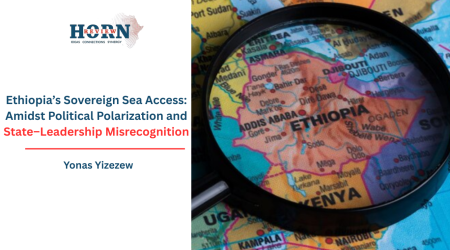
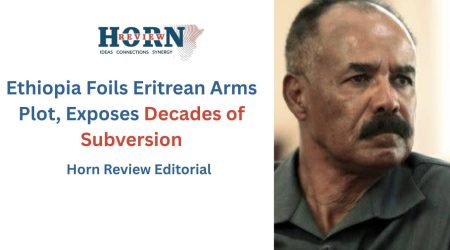
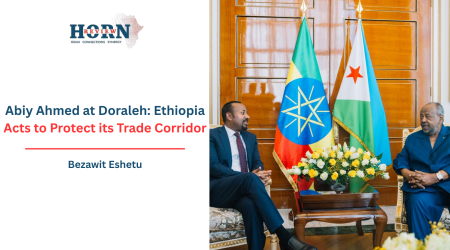
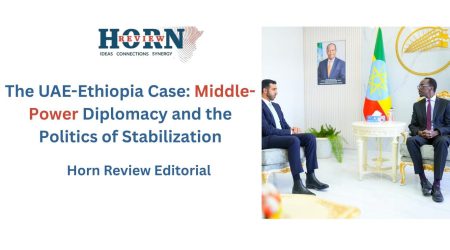
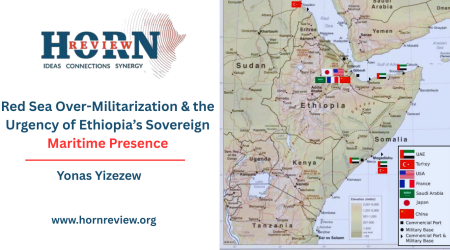
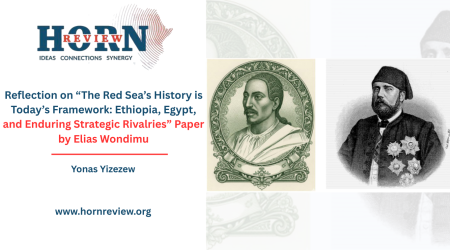

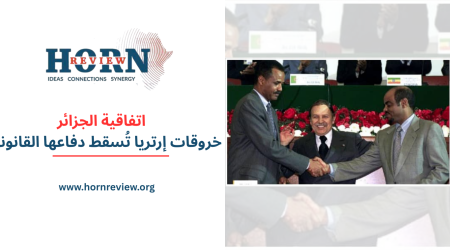

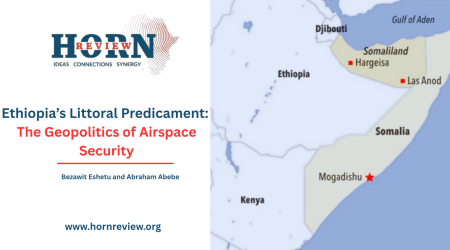
Comments (2)
Thank you for the auspicious writeup. It in fact was a amusement account it.
Look advanced to more added agreeable from you! However, how could we communicate?
Email us at info@hornreview.org